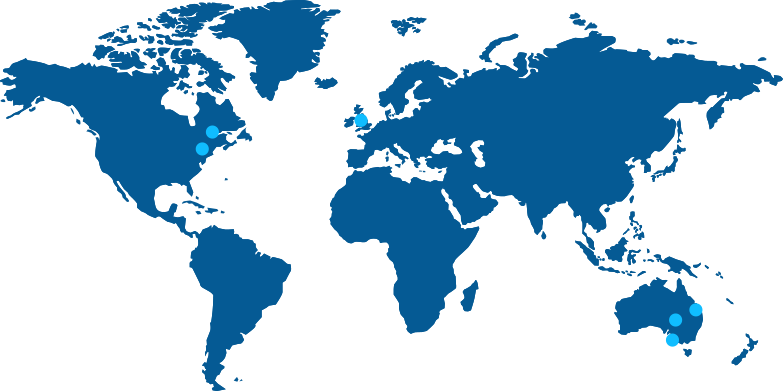Standards and Specifications - Logistics Support Analysis (LSA)
We invoke best practice when performing Logistics Engineering and Analysis.
Integrated Logistics Support (ILS) or Integrated Product Support (IPS) is built on the fundamentals of several elements. Depending on who you speak with some will speak about the 10 Elements of ILS where others will speak about the 12 elements of IPS. The fundamental differences between ILS and IPS are focussed on a greater emphasis on the through life aspects of Product Support Management, Sustaining Engineering and Maintenance Management.
The elements of ILS and IPS are defined as:
-
Design Interface (IPS)
-
Sustaining Engineering (ILS / IPS)
-
Supply Support (ILS / IPS)
-
Maintenance Planning and Management (ILS / IPS)
-
Technical Data (ILS / IPS)
-
Support Equipment (ILS / IPS)
-
Training and Training Support (ILS / IPS)
-
Manpower and Personnel (ILS / IPS)
-
Facilities and Infrastructure (ILS / IPS)
-
Computer Resources (ILS / IPS)
-
Product Support Management (IPS)
To achieve a cost-effective support solution which delivers the required level of availability will require support decisions to be taken. To facilitate these decisions, information and knowledge will need to be generated through Product Support Analysis. Historically, this analysis has been carried out using a logistic analysis toolset producing Logistics Support Analysis Records (LSAR) within a Logistics Support Analysis (LSA) database solution. Within the Product Support Analysis solution, engineers will develop the technical breakdown of the asset which will then become the item definition.
Through the Product Breakdown Structure (PBS) in the LSAR, Engineering organisations can begin to define the product support solution.
Pennant’s LSA Products and Services provide all industries with the capability to invoke best practice when performing Logistics Engineering and Analysis on their products compliant with:
-
MIL-STD 1388
-
SAE GEIA-STD-0007
-
ASD S2000M
-
ASD S3000L
-
DEFSTAN 00060
-
DEF(AUST) 5692


